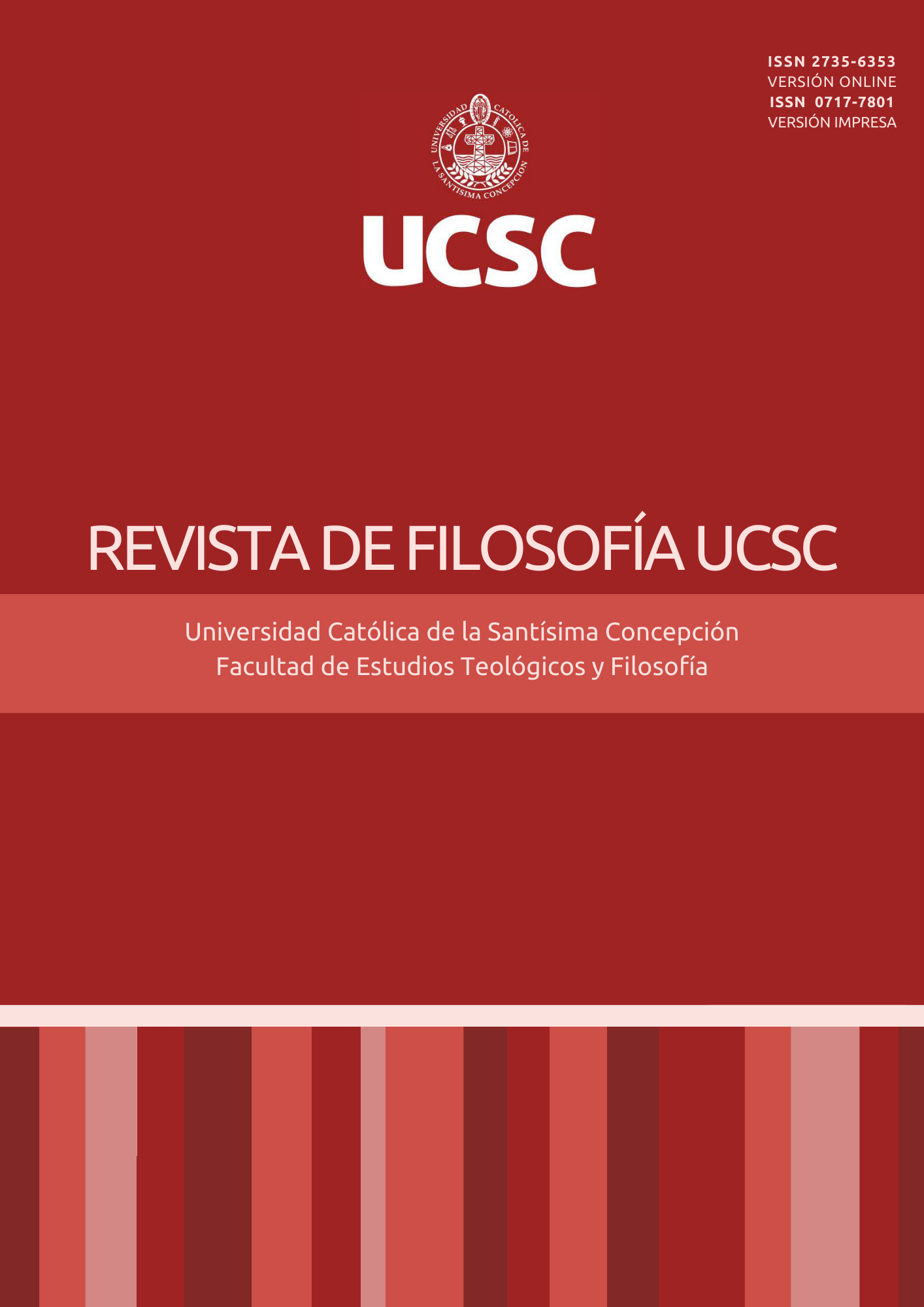Policing and the State Apparatus: An Interpretive Reading between Rancière and Althusser
Main Article Content
Abstract
This text aims to present, develop, and provide a broad interpretive analysis of the connection between J. Rancière and L. Althusser, specifically concerning Rancière's conception of "policing" and Althusser's notion of the "state apparatus." It is well-known that, in an earlier stage, Rancière was closely associated with Althusser's thought, although he was never a strict adherent. Nevertheless, in his political philosophy, one can find remnants and vestiges that seem to reflect that initial intellectual relationship that marked the intersection of both authors. It becomes less far-fetched to propose the following as the central theme of this text: that Rancière's characterization of the "policing" or the police, as found in some of his texts, tends to suggest a certain similarity with the concept of the state apparatus inherent in Althusserian Marxism. This is considered within the duality or double aspect of the state apparatus: the repressive state apparatus and the ideological state apparatuses. Is it plausible to pursue an interpretive reading along these lines, following this intuition despite the objections that may arise due to its brevity? This inquiry will attempt to address this question.
Article Details
Section

This work is licensed under a Creative Commons Attribution-NonCommercial 4.0 International License.
The Revista de Filosofía UCSC is an open access journal and does not charge for publication. In addition, it regulates its Copyright and access policy according to the Creative Commons Attribution-NonCommercial 4.0 International Public License (CC BY-NC 4.0), therefore sharing (reproducing and distributing the material in any medium or format) and adaptation (modifying, transforming, and creating from the material) is allowed as long as proper credit is given and the citation is included with the corresponding data. Moreover, it is not allowed to use the material for commercial purposes.
How to Cite
References
Althusser, L. (1967). La revolución teórica de Marx. Siglo XXI.
Althusser, L. (1974). Para una crítica de la práctica teórica. Siglo XXI.
Althusser, L. (2015). Sobre la reproducción. Akal.
Barthes, R. (1987). “La muerte del autor”. En El susurro del lenguaje. Más allá de la palabra y la escritura. Paidós.
Derrida, J. (1994). “Firma, acontecimiento, contexto”. En Márgenes de la filosofía. Cátedra.
Gadamer, H-G. (2003). Verdad y método. Sígueme.
Rancière, J. (1996). El desacuerdo. Política y filosofía. Nueva Visión.
Rancière, J. (2006). Política, policía, democracia. LOM.
Rancière, J. (2009). El reparto de lo sensible. LOM.
Ricoeur, P. (2002). “Fenomenología y hermenéutica: desde Husserl...” En Del texto a la acción. Ensayos de hermenéutica II. Fondo de Cultura Económica.
Rojas, M. (2022). Dificultades de la interpretación y comprensión hermenéutica del texto: escritura, apropiación y sentido. Una propuesta de lectura a partir de Sartre y Ricoeur. Tierra Nuestra, 16(2), 123- 134. https://doi.org/10.21704/rtn.v16i2.1939.
Sartre, J.-P. (1967). Situaciones II. ¿Qué es la literatura? Losada.




